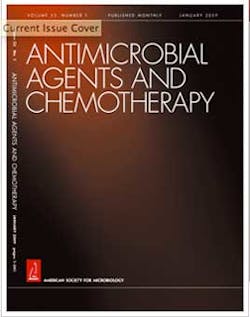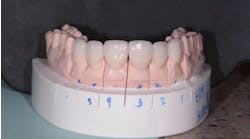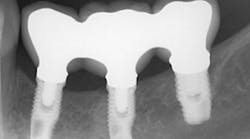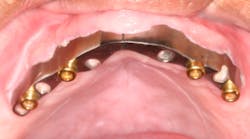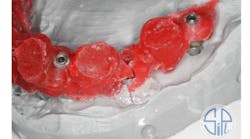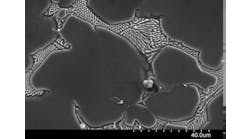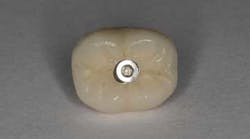New approach could 'trick' MRSA into being less deadly, say scientists
The recent study, published online in Antimicrobial Agents and Chemotherapy, suggests that by treating these infections with an antibiotic to which they already have resistance, you can make CA-MRSA less toxic and therefore less likely to cause severe disease. By using defunct antibiotics alongside drugs that kill the bacteria, this approach works by tricking CA-MRSA into expressing high levels of resistant genes, at the same time lowering the severity of an infection. Dr Ruth Massey explains: “What we do in the lab is grow clinically important bacterial strains of MRSA and then expose them to antibiotics. We then measure their ability to destroy human tissue and cells, which they do through their secretion of toxins. We see that important toxins, which cause damage and disease, are secreted at a much lower level and so cause less human tissue destruction when exposed to the antibiotic, even though the antibiotic doesn’t actually kill them.” Dr Massey is currently involved in a project to crowd-fund for improved MRSA diagnosis and treatment. The project, "Fighting Superbugs with Big Data," hopes to use data collected about the make-up of MRSA infections to better chart their antibiotic resistance and toxicity, which could one day enable clinicians to make quicker and better decisions about treatment. The crowd-funding approach is being trialled due to a present lack of funding for MRSA research, something which is currently holding back further advances in this field. The researchers are hoping to raise $15,000 to support work to input genomic data about MRSA onto an online site, enabling free world-wide access to this information. Talking about the project, Dr Massey said: “The time has come for us to stop treating bacteria as simple organism that are easy to kill, and to start attacking them in a more intelligent manner. We have the skills and the knowledge to do this, but we need further investment to develop and test our new approaches.” Find out more about the project and pledge your support online here. Access the recent paper, "Oxacillin alters the toxin expression profile of community-associated MRSA" here. ADDITIONAL READING ...C. diff -- Is it a concern for dentistry?Infection control for dental offices: Ongoing research into combatting MRSA
